Disclosure: Meeple Mountain received a free copy of this product in exchange for an honest, unbiased review. This review is not intended to be an endorsement.
Here’s how a game of JABUKA can go.
You start by grabbing letters from the pile to form a word: had. Three points. Not many, but they’re all yours. Whoops. Spoke too soon. Jessica grabbed an s, flipped the d to a p, the h to a y, and rearranged it all into pays. And stealing words certainly pays as Jessica now has all three of your points, plus one to grow on. That is until Ayesha snags another p, and turns the whole thing sappy. That’s when you draw on your brief skater phase, as well as a spare s, and your wildcard piece for an l, and make slappys.
The group stares at you. “Slappys?” Jessica asks, dripping with condescension. You explain it’s a skateboard maneuver, and that while proper nouns aren’t allowed, slang is very much in play. Donny, in typical disbelief, whips out a phone and googles his way to an Urban Dictionary entry for slappys: “The act of hauling ass on your skateboard and slapping it into a curb at an angle that gets you on top of it and grinding.”
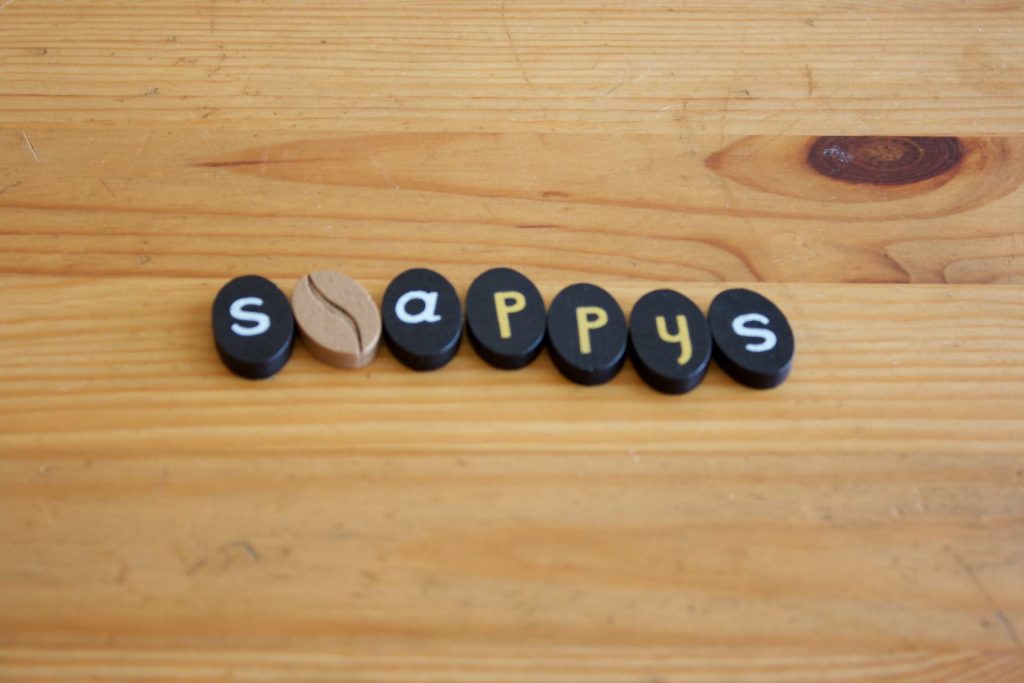
By the game’s end, no one is able to flip it, so all seven points are yours. And while doubting Donny was Googling, everyone was grabbing letters out from under him. You get the last laugh with a final score that clears his by a good five points. Nice JABUKin’!
Big Fun in a Little Bag of Beans
JABUKA is a game of making and taking words that comes in a neat, little burlap coffee sack. Every coffee bean inside has either a letter or a two-letter phonic on it. The white letters like a, f, or s are exactly as they appear from start to finish. But a yellow letter like b? That can just as easily turn into a g. Got an m? Why not make that a w? Or even a capital E. A po can be flipped to an od. Or an ng can be a bu. It’s a typographical twist on an otherwise straightforward letter jumble.
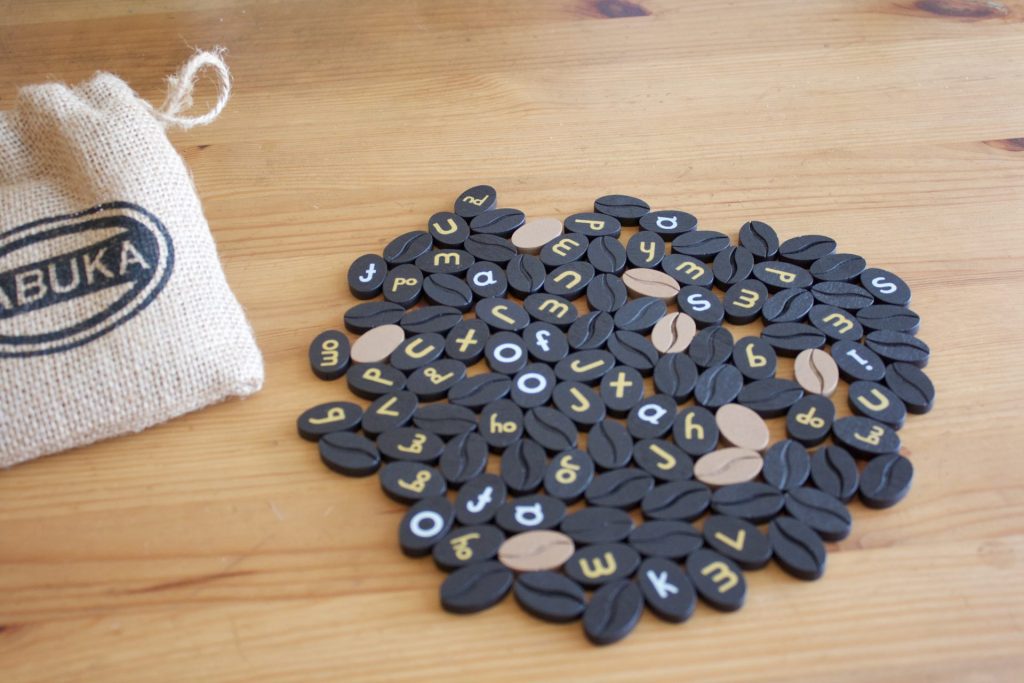
Twist ‘n Shout
The setup for JABUKA takes literal seconds. You shake up the bag and spill the beans onto the table. Some will be face up; the rest face down. Leave them that way. Everyone takes two light-roasted wildcard beans (the rest are removed from the game). Annnnd, that’s it. Start playing.
Whose turn is it? Everyone’s. It’s a race. Go!
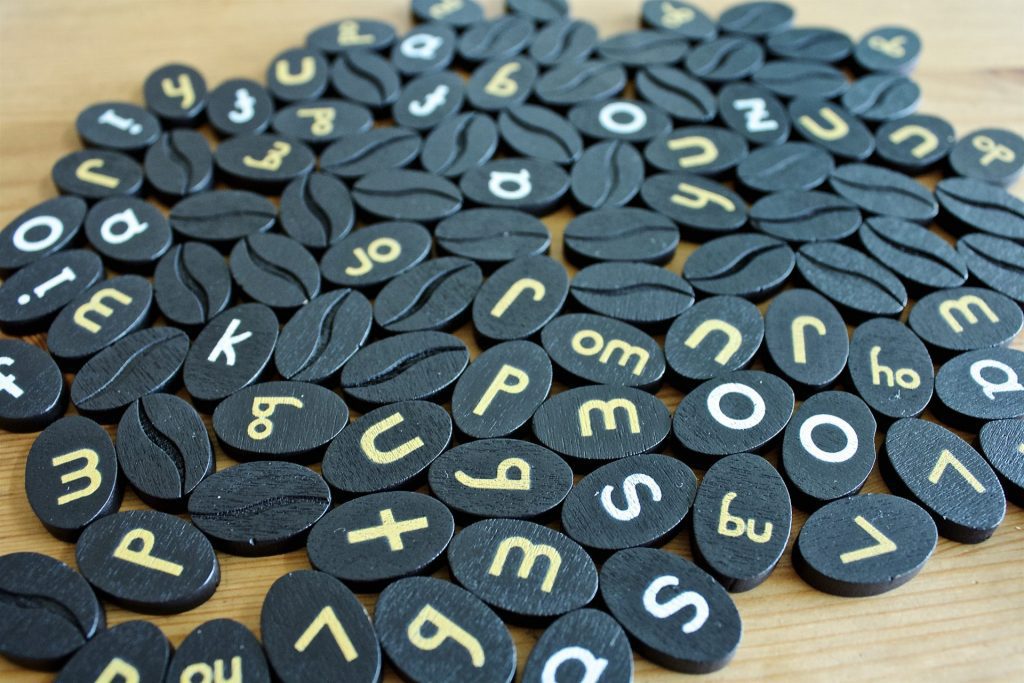
An important rule that most will overlook during their first game is that to make a word, you must first say it out loud, and then take the letters you need. The initial play will see people just hungrily grabbing beans like early morning caffeine junkies hurting for a fix. You’ll have to remind them of this cardinal rule, particularly because it determines a supremely important scoring metric: dibs. If you shout JEANS ahead of someone who says JASMINE, there’s a good chance you’re looking at the same letters, which means you can tell them to put down any of the ones you spotted. Now, they’re stuck with an m and an i. Tough luck.
But is it? Because words can be stolen in real time. As long as they can add at least one letter from either the pile in the middle of the table, or one or more of their spare wildcards, they can snatch a word from your area. You better turn those jeans into something else before your friend just makes jasmine happen anyway.
Importantly, letters can be rearranged—even twisted into other letters—anytime a word is changed. You can quickly scan the pile to see if you can make bluejeans, or you can take advantage of the rule I just stated to grab a t, an h, and one of your wildcards to play an r. Then swap the j into another r, the n into a u, and rearrange it all into… urethras (be sure to shout that first, and apologize after).
The possibilities are abundant. Of course, it’s mostly not going to be very clever. There will be a lot of making cat, and someone turning that into cats. Especially in the frenzied moments of the early game. It’s hard to push the vocab under pressure. But once the options dwindle, the real chess match begins.
When someone feels there’s no more words to make or steal, they can say FLIP, which prompts the other players to either agree — causing everyone to flip two beans — or not. If anyone is still looking for a play, the round continues, even for the player who asked for the flip. This is where the game slows down the most, depending on how determined someone is to find: One. More. Word. But once it’s unanimous, flip those beans!
Play continues like this until there are only faceup beans left. The first player to make a word after this also says JABUKA! to finish the game. Your score is simply the number of beans in front of you—light or dark, yours or stolen, just count the number. That’s it. That’s your score. Highest wins. Ties for first are decided by a 10-bean, longest word showdown.
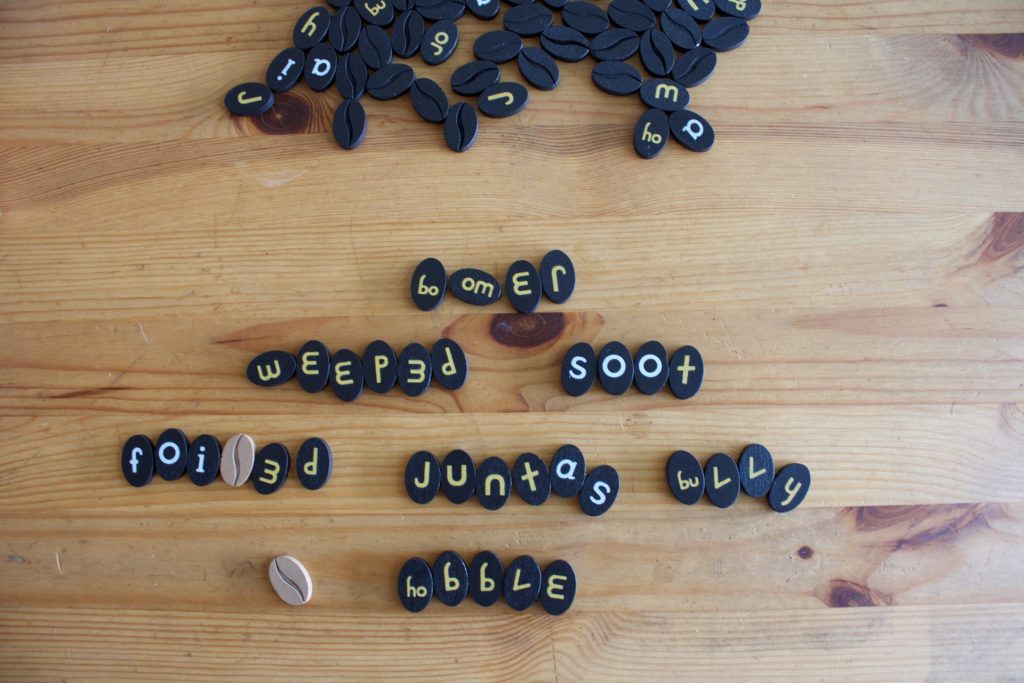
A Surprisingly Complex Pour
At first blush, JABUKA seems like a pretty shallow experience. And it kind of is. Most games will end within 20 minutes. The strategy isn’t much more complex than make words that are hard to steal. But there’s an undeniable tension of thinking there’s no more words to make, saying “flip,” and hearing the rest of the table say, “not yet.” This is the moment where the game quickly changes from Boggle to Twilight Struggle. “What have I missed? What haven’t I protected?” you’ll ask yourself, as the sweat starts to pour.
Sometimes you’re fine, but sometimes you’ll see your bean collection cut in half before everyone finally says, “Okay, I’m ready to flip.” It’s really the best arc you can ask of an abstract. That is, if you agree the game is abstract.
Steaming up a Foam-light Theme
I applaud the production of JABUKA. The burlap coffee bag is distinctive, space-efficient, highly portable, and charming. So are the components. The lo-fi typography serves the game’s scrappy tone well. But the why of anything is non-existent.
Why do these beans have letters on them? Maybe because it simulates a particularly caffeinated conversation? ¯\_(ツ)_/¯
Why is the game named for the pan-Balkan word for apple? Maybe that’s not the origin, but it’s the only thing that comes up when I Google it. I guess it sort of sounds like java? ¯\_(ツ)_/¯
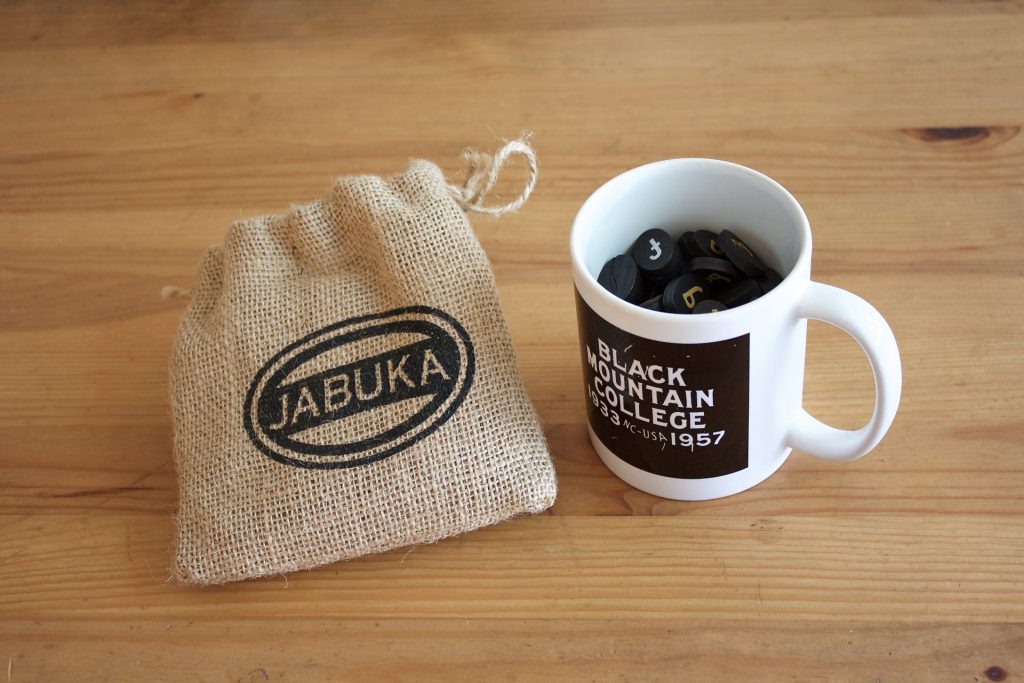
At the end of the day, I don’t think the thin theme really compromises anything. The challenge is well designed. And the beans are fun to play with. Though, I will point out, they are somewhat hard to grab in large handfuls when you’re putting the game away.
Final Thoughts
Interestingly, 10% of JABUKA’s featherlight rulebook is dedicated to the backstory of “designer, artist, and established game inventor” Martin Russocki’s approach to the design. In a refreshingly transparent writeup, he admits to just wanting to fill a market need for a new word game.
Just as refreshing is his dedication to creating one that rewards lateral thinking as much as an imposing vocabulary. And JABUKA succeeds at this. It’s as much a tug-o-war as it is a dictionary thump. Plus, there’s no piling up two-letter words, à la Scrabble, because those are the easiest to steal.
Now, if you or anyone you’re playing with doesn’t like word games, JABUKA won’t break through that resistance. Still, it’s probably the design that’s best suited to charm the word game neutral in your life, because there’s always a twist that could turn the grind in their favor.
At $20, JABUKA has handsome shelf presence and abundant replay value for the spend. The recommended player age is 8–108, and because it’s just a bag of letter pieces, it basically can scale to any level of word mastery. The 2–8 player range is a bit inflated, since the rules suggest playing in teams for any count above 4. But you can also just take only one wildcard each, and let the caffeinated chaos begin.
If you’re looking for an energizing opener that almost anyone can enjoy, this is your brew.


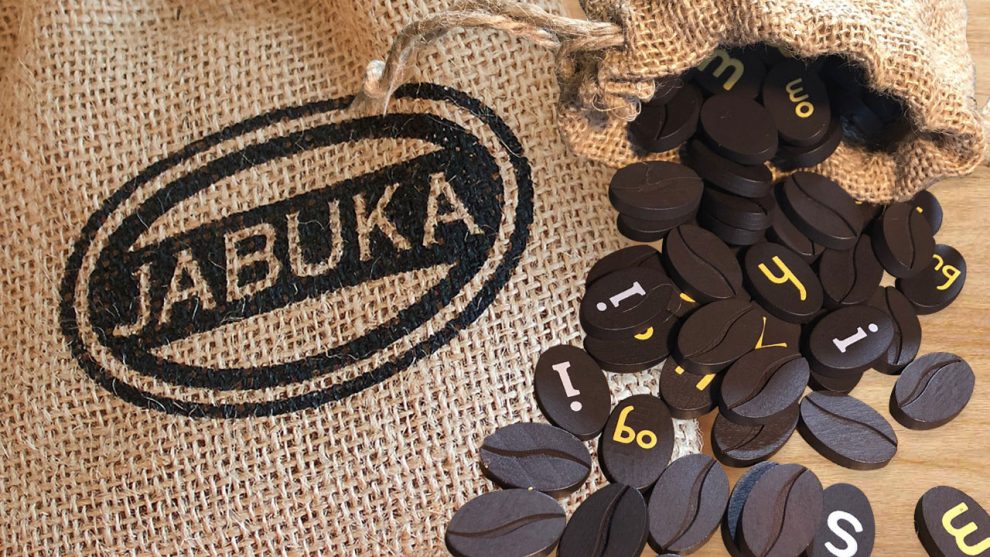

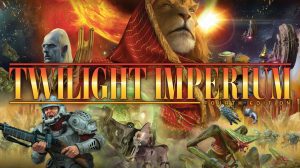




Add Comment